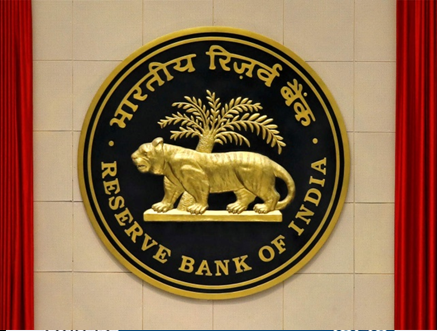“MPC FRAMEWORK AND FUNCTIONING UNDER RBI ACT, 1934”
Syllabus:
- GS-3- Indian economy , RBI and the functioning of RBI
Focus :
- The RBI’s Monetary Policy Committee (MPC) has chosen to maintain the benchmark policy repo rate at 6.5%.
- This decision marks the seventh consecutive meeting where the rate remains unchanged.
Source- RBI
RBI’s Monetary Policy Decision:
- The above decision was supported by food price pressures as a hindrance to its efforts to curb inflation to the desired 4% target on a sustained basis.
- RBI Governor Shaktikanta Das highlights the challenge of inflation, likening it to an ‘elephant in the room.’
- He emphasizes the need for inflation to return to manageable levels for sustained economic stability.
- The governor underscores the importance of retail inflation aligning with the target rate on a durable basis for the economy’s well-being.
About Monetary Policy :
Repo Rate:
Reverse Repo Rate:
|
Persistent Inflation Concerns:
- Headline Consumer Price Index-based inflation has exceeded the RBI’s 4% target for 53 consecutive months until February 2024.
- The MPC expresses concerns over the stubborn unpredictability of both headline and food price inflation.
- Projections for price stability in the upcoming fiscal year are not entirely reassuring, with CPI inflation expected to hover around 4.9% in the current quarter.
About Monetary Policy Committee:
|
Economic Growth Outlook:
- Despite inflationary pressures, the MPC remains optimistic about economic growth prospects for the year ending March 2025.
- GDP growth is forecasted to average around 7% during this period, driven by several factors.
- Factors contributing to the positive growth outlook include expectations of a normal south-west monsoon, which could boost agricultural activity and rural demand.
Consumer Confidence and Spending:
- The MPC draws attention to the results of the RBI’s consumer confidence survey, indicating improved sentiment among urban households.
- Rising consumer confidence is expected to translate into increased spending on non-essential items, thereby strengthening private consumption.
- The anticipated growth in private consumption is crucial for sustaining economic momentum in the face of inflationary pressures.
Policy Space and Priorities:
- Despite the focus on inflation targeting, the RBI acknowledges the importance of fostering economic growth.
- The determination to address inflation stems from the recognition that persistent inflationary pressures could dampen discretionary spending and lead to increased personal loans for essential expenses.
- The RBI emphasizes the non-negotiable nature of price stability for maintaining sustainable economic growth.
Source:The Hindu
Mains Practice Question :
GS-3
“Analyze the factors influencing the MPC’s decision and assess the implications of this decision on India’s economic stability and growth trajectory.”(250 words)




